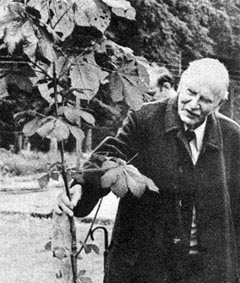In the fourth quarter of the ebb and rush of sleep, he dreamed of hardwood and eager faces and stories of how it’s done. It was an outdoor court with crowds of people looking in and down and around. They were silent. He and they got to watch the man in the middle, who could train those eager faces to know how to get to their hopes. Mainly, it was by listening to him. They did. Too much talking, the dreamer observed, though he was entranced by the words. Before long, he was saying them himself, and loved how the eager faces were looking at him now.
Sometimes he got them into furious, coordinated motion, but they returned inexorably to waiting, to expectation, to muted urgency and frozen delight. He knew the possibilities were endless. He felt that this time, with these eager young men, the outcome would be different — lofty, victorious, filling, splendid, and true. It was all there in their faces.
When he awakened, his mind turned seamlessly to planning. How to convert that dreamy enthusiasm into skill and the making of Great? How does that talk translate into glistening skin, fiercely danced choreography, lunges beyond their best, into gauzy ambition made muscular? He wanted practice. He imagined it as blazingly competitive, yet the deepest of collaborations. Talk would become creative repetition. Routines would build comfort in extremity. Everyone would know exactly what he was doing and why, yet would be thrilled by undreamt-of, eye-widening results. This is how it feels. I can still help this happen.
Lying in bed, he was years removed from places and chances to channel that mighty and frantic motion. There were no eager faces anywhere but in his dreams, but for untellable moments, it didn’t matter. He was there, in a bright-eyed, ever-hopeful zone. Lists and diagrams and imploring words begot grassroots heroism and physical grace and the full spending of shared powers. He didn’t want to leave, and then it was gone.
He might be a fool. He must be a coach.

